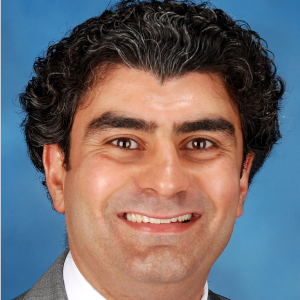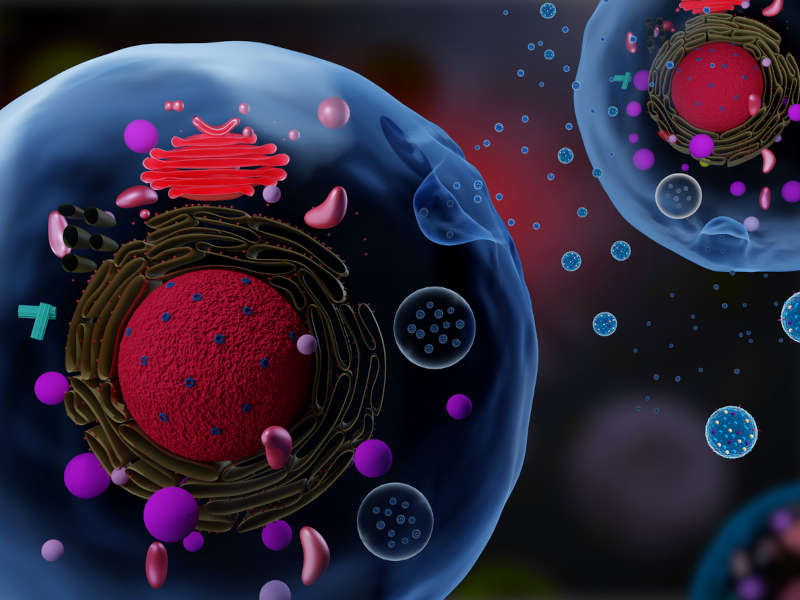Speaker Profile
Biography
Jamil R. Azzi is an Associate Professor of Medicine at Harvard Medical School. He is the medical director of the vascularized composite allo-transplantation (VCA) and the associate director of the kidney and pancreas transplant at Brigham and Women’s Hospital. Dr. Azzi is a physician scientist who is leading a NIH funded laboratory that focuses on understanding the immune-regulatory arm of the immune system in transplantation, autoimmunity and cancer with the goal of developing more targeted and safer therapeutic strategies. Currently, a major focus of his research is CD4 and CD8 regulatory T cells and their activation induced cell death in addition to engineering cell therapies. Dr. Azzi’s laboratory is also exploring multiple genomics and proteomics approaches to develop biomarkers that noninvasively detect rejection in kidney transplant recipients and measure the immune function of immunosuppressed patients.
Talk
Beyond Concept to Clinical Application in Kidney Diseases
The traditional biomarkers currently used to monitor a kidney allograft for rejection or autoimmune mediated kidney diseases are late markers of injury and they lack sensitivity and specificity. Biopsies on the other hand, are invasive and costly. Urinary exosomes, tiny vesicles released into the urine that carry parent cells’ proteins and nucleic acids, reflect the biologic function of the parent cells within the kidney, including immune cells. Their stability in urine makes them a potentially powerful tool for liquid biopsy and a noninvasive diagnostic biomarker for kidney-transplant rejection. This talk will describe the current efforts to develop urinary exosomes-based biomarkers to detect allograft kidney rejection and other kidney related diseases.
Session Abstract – PMWC 2022 Silicon Valley
Exosomes, small extracellular vesicles which play a critical role in various physiological and pathological processes, are secreted by multivesicular bodies through exocytosis and can be detected in many bodily fluids, including blood, saliva, and amniotic fluid. Due to their relative abundance, they provide an attractive opportunity as markers in various medical areas including oncology, neurology, nephrology, cardiology, autoimmune disease and pregnancy. This session evaluates the current progress in evaluating exosomes for liquid biopsy-based testing and the potential for clinical applications.











